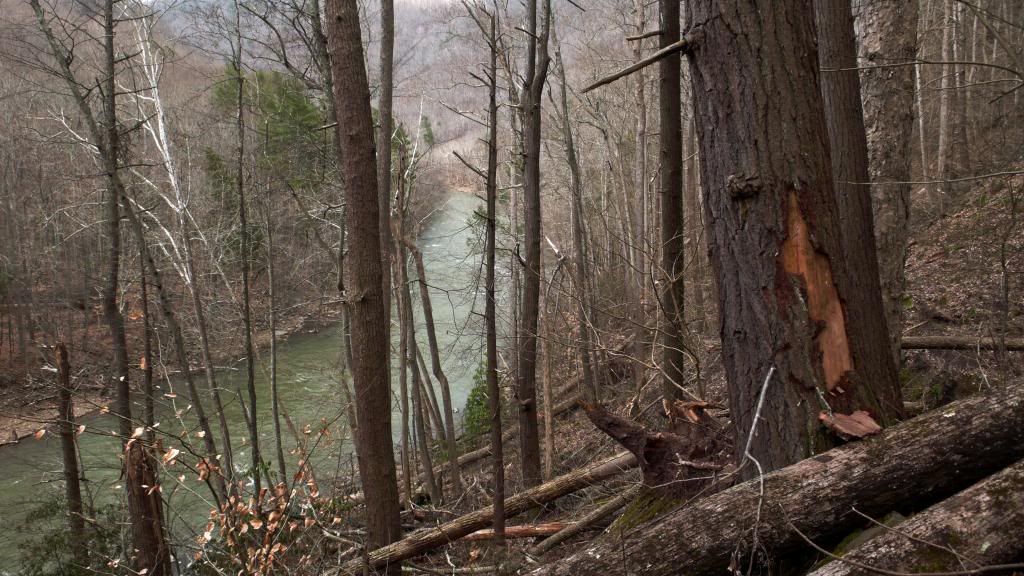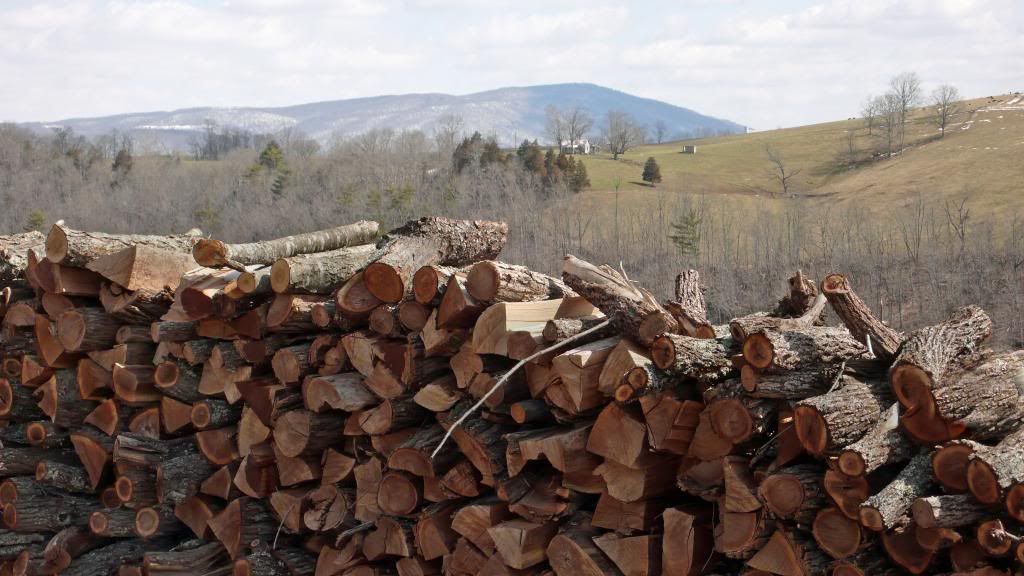G
Guest
Guest
A read that sticks in my mind is the remarkable A NARRATIVE OF THE CAPTIVITY AND ADVENTURES OF JOHN TANNER by Edwin James. Published in 1830 it has long since entered the public domain and can be read online for free.
Here's the story of a boy captured by Indians on the late 1700s Kentucky frontier and his subsequent 4 decades as an Ojibway ranging between Lake Superior and Lake of the Woods.
Captivity accounts are not uncommon. Louise Erdrich the highly regarded fiction writer and activist and herself a Native American, has commented, however, that the only one you'll ever likely see on the bookshelf in NA homes is Tanner's: it's honest and it's detailed.
Somewhere in the middle of this work sits a description of the nervousness in a hunting party which has deliberately committed trespass on the territory of the enemy Sioux.
The Ojibway knew all of their vast range intimately, as did the Sioux to the W know theirs and the Cree to the N and E theirs. In fact, all of Canada was equally spoken for. A map now published online by the gov't of Canada shows the historical population distribution of the country going back to the 17th century. It's was pretty even all over, not at all like today's.
These people knew their homelands, and it's hard to imagine that there was such a thing as wilderness. There were instead familiar places which afforded a people with what they needed to live. Their range was thought of as The Provider.
Historic populations were small by comparison to what we have today, but before European epidemics they were much larger than than we had long estimated them to be.
No matter. The historic people knew their homelands well. We on the other hand came to the game late, after the land had been drastically depopulated. This fact combined with our culturally derived attitude toward nature led us to view the bush as a hostile place and as one not fit for proper human habitation. Even today the absence of people is part of the definition of wilderness, and our very enjoyment of such places still is informed and inspired to a degree by the suggestion of an antagonistic spirit, of danger, of human AGAINST nature confronted in solitude.
To be sure Tanner's narrative demonstrates exactly the mortal earnestness of the period hunter's life in winter, but there is nowhere in it the position that the people viewed themselves as anything but a part of a providential community of many parts.
These days those who study such things have come to understand that the natives' message has always been, to borrow and adapt the late comedian Richard Pryor, "This Ain't No Wilderness. This Is A Neighborhood.".
Although I can't come up with the reference as I write, I remember an account of a native council of the late 18th century or early 19th century asked to explain what wilderness meant to them. The interviewers helpfully defined wilderness. After days the council made its pronouncement, which went something like, "We have never been to such a place. Sounds like Hell. Maybe it's over there were our enemies live."

Here's the story of a boy captured by Indians on the late 1700s Kentucky frontier and his subsequent 4 decades as an Ojibway ranging between Lake Superior and Lake of the Woods.
Captivity accounts are not uncommon. Louise Erdrich the highly regarded fiction writer and activist and herself a Native American, has commented, however, that the only one you'll ever likely see on the bookshelf in NA homes is Tanner's: it's honest and it's detailed.
Somewhere in the middle of this work sits a description of the nervousness in a hunting party which has deliberately committed trespass on the territory of the enemy Sioux.
The Ojibway knew all of their vast range intimately, as did the Sioux to the W know theirs and the Cree to the N and E theirs. In fact, all of Canada was equally spoken for. A map now published online by the gov't of Canada shows the historical population distribution of the country going back to the 17th century. It's was pretty even all over, not at all like today's.
These people knew their homelands, and it's hard to imagine that there was such a thing as wilderness. There were instead familiar places which afforded a people with what they needed to live. Their range was thought of as The Provider.
Historic populations were small by comparison to what we have today, but before European epidemics they were much larger than than we had long estimated them to be.
No matter. The historic people knew their homelands well. We on the other hand came to the game late, after the land had been drastically depopulated. This fact combined with our culturally derived attitude toward nature led us to view the bush as a hostile place and as one not fit for proper human habitation. Even today the absence of people is part of the definition of wilderness, and our very enjoyment of such places still is informed and inspired to a degree by the suggestion of an antagonistic spirit, of danger, of human AGAINST nature confronted in solitude.
To be sure Tanner's narrative demonstrates exactly the mortal earnestness of the period hunter's life in winter, but there is nowhere in it the position that the people viewed themselves as anything but a part of a providential community of many parts.
These days those who study such things have come to understand that the natives' message has always been, to borrow and adapt the late comedian Richard Pryor, "This Ain't No Wilderness. This Is A Neighborhood.".
Although I can't come up with the reference as I write, I remember an account of a native council of the late 18th century or early 19th century asked to explain what wilderness meant to them. The interviewers helpfully defined wilderness. After days the council made its pronouncement, which went something like, "We have never been to such a place. Sounds like Hell. Maybe it's over there were our enemies live."


